 Signin with Google
Signin with Google Signin with Facebook
Signin with Facebook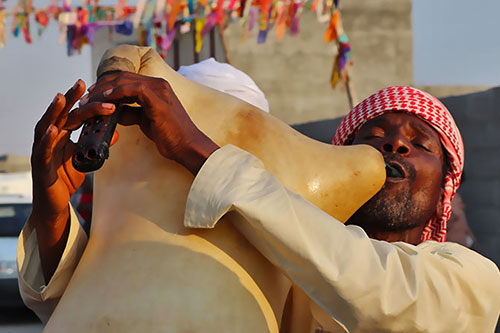
South Iran Music Expedition
Taste the music of AfroIranians in South Coasts of Iran
Book
- Gallery
- Overview
- What you experience
- Available On
- Locations
- Features
- Necessities
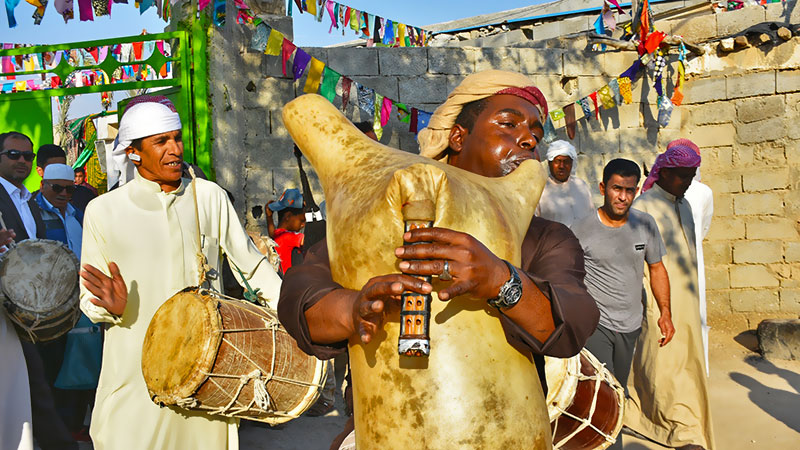
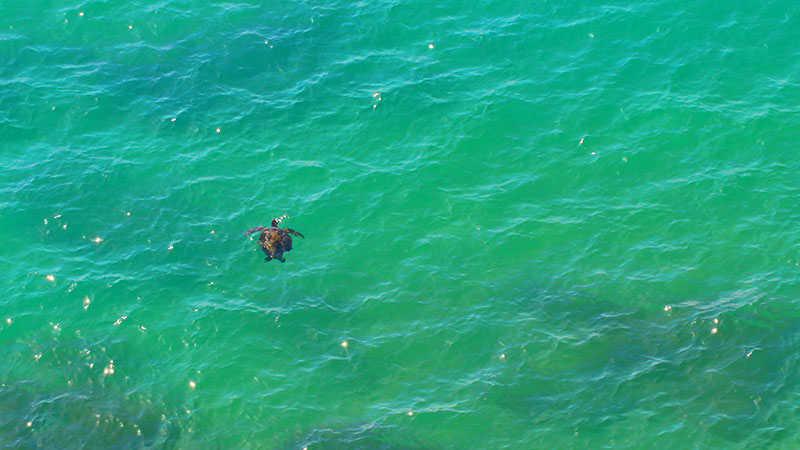
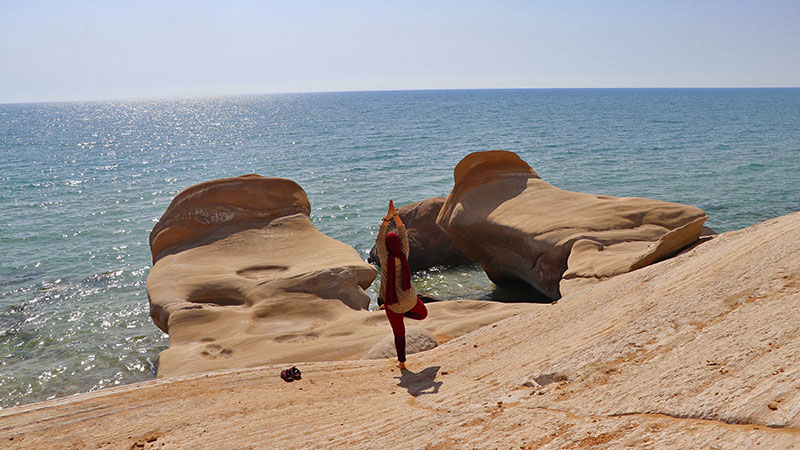
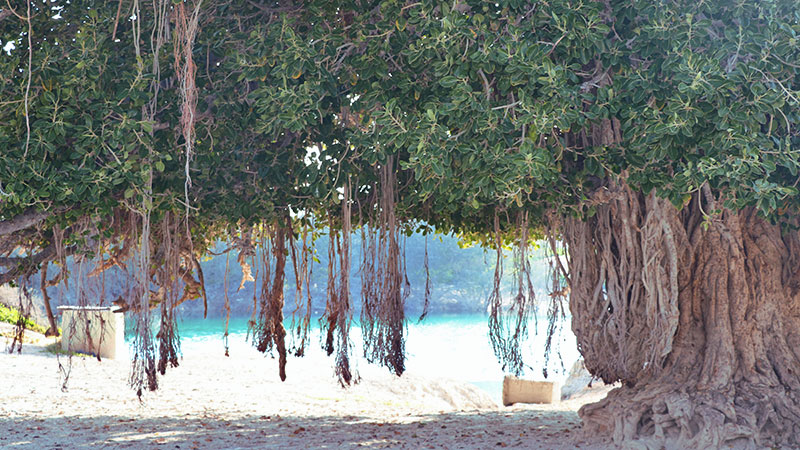
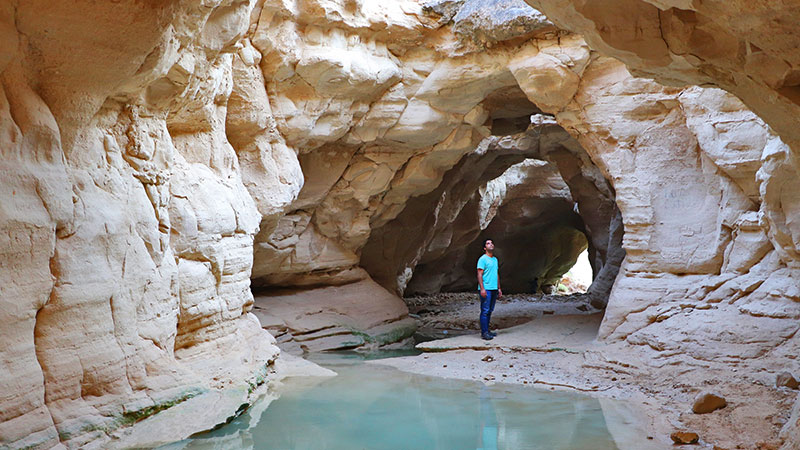
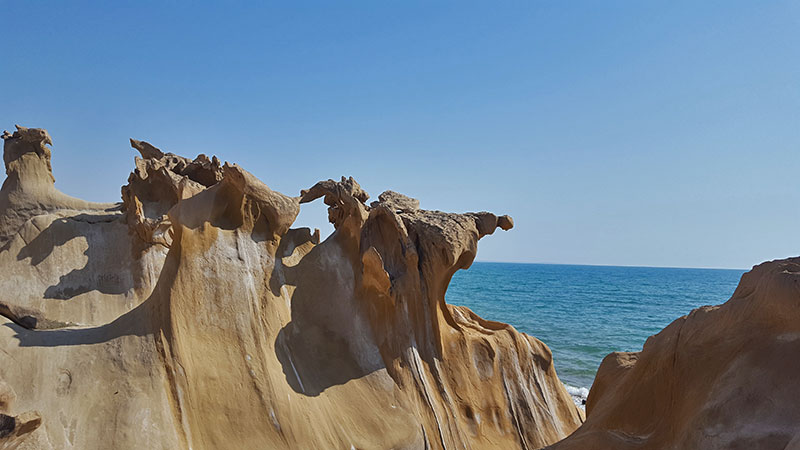
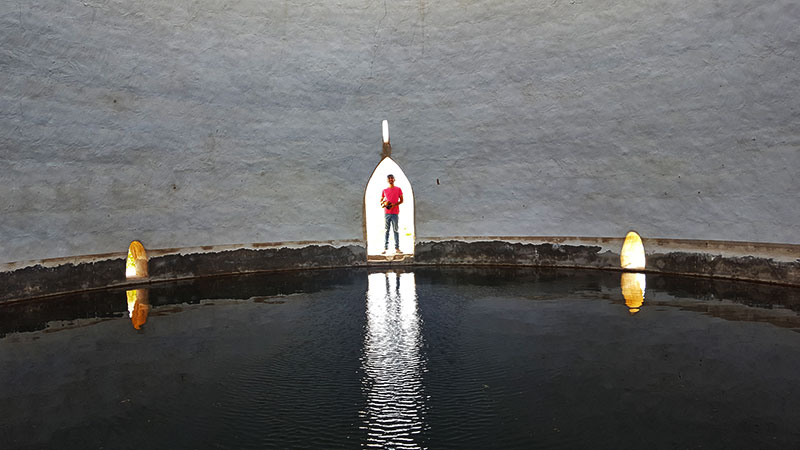
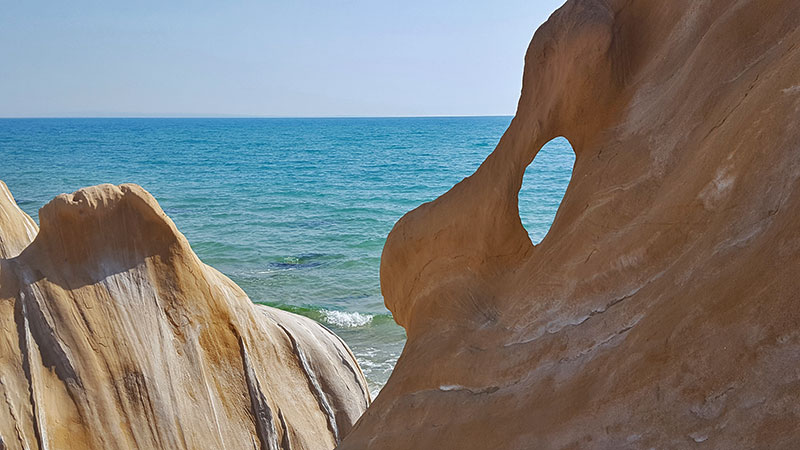

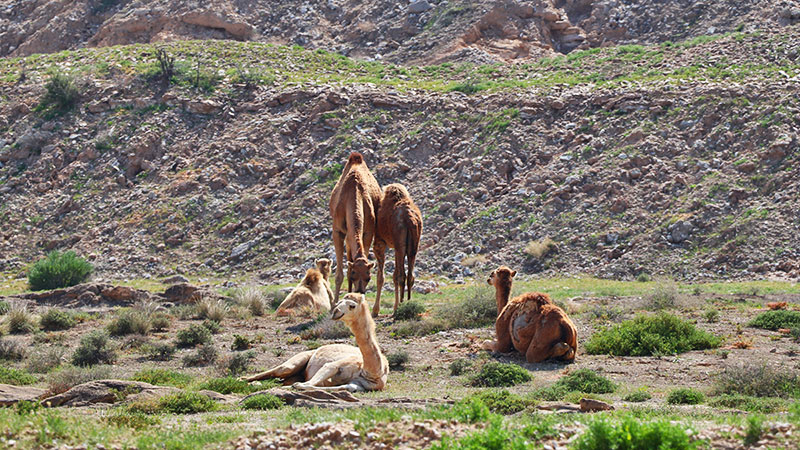
Are you looking for the unexpected trip to a new destination? Eager to discover a bit of Africa out of it? Then head toward the Southern part of Iran, in the pristine nature of Hormozgan Province, where on the coastline of the Persian Gulf, the stories of Afro-Iranians lie and unheard rituals were born. Mystery is waiting for you; listen to the melancholic songs of the “Leiva” ceremony as you may even attend a rare trance ritual called “Zar” that few people only had the chance to observe.
Discovering unknown culture and history of Afro-Iranians of Southern Iran
Participating in the rare “Leiva” musical event and the possibility to observe the “Zar” ritual
Admiring the pristine nature of the Persian Gulf Coastline, nature and human built compositions
Meeting with local communities, tasting local foods, putting on Henna and local costumes
Getting familiar with the importance of the sacred Lir trees in all south regions of Iran
- Meals: 2 breakfasts, 2 lunches, 1 dinners
- Accommodation: 1 nights in a local house
- Transportation: Minibus or private Taxi
- Other services: English guided tour
- Not included: Entry fee for the sites not mentioned in the itinerary, travel insurance, laundry, meals not stipulated in the itinerary, tips (optional), any other service not mentioned in the itinerary
- Sunscreen
- Shoes to walk in the sand and beach
- Small backpack
- Personal items
- Sunglasses
- Hat or cap, headscarf
Step into a world of mystery, the land where foreign traders from India, descendants from Africa, colonizers from Portugal and soldiers from Britain left their mark over its beautiful coastal cliffs and blue sea of the Persian Gulf but more than anything on the culture of inhabitants. Get familiar with the customs of Afro-Iranians, the main ethnic group of Southern Iran.
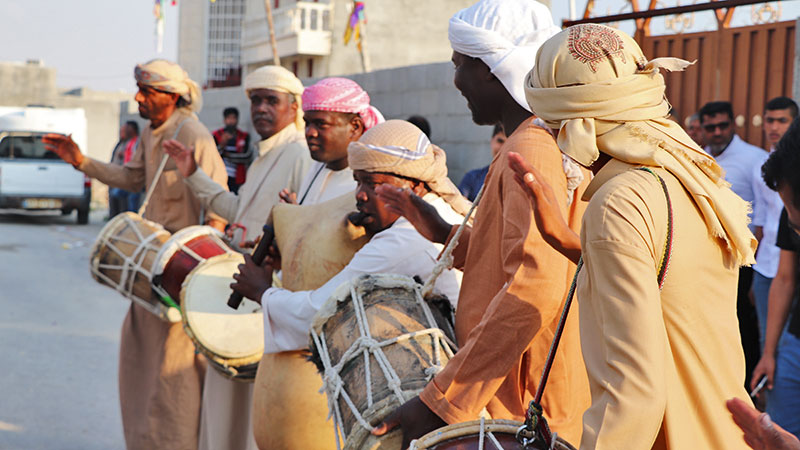
"Lir" the sacred fig tree of Buddha
An evergreen tree of Ficus religiosa known as "Lir" in the most west part of Hormozgan province has a significant concept in 3 religions of Buddhism, Hinduism and Jainism. Since the tree has been brought from India, it's being used in the local life of residents in different aspects and concepts.

"Leiva" an African trance musical tradition
Step into another continent, with the story of the Afro-Iranians. Here, the rocky cliffs plunging down to the deep blue sea somehow remind the shores of Zanzibar. It's because of the melody of "Leiva", which can be heard on the beaches... "Leiva" is not simply a song, it's a whole musical tradition inherited from East Africa, unique to the tribes of South Iran.
In Machahill village, you have the unique chance to observe this ceremony: to perform "Leiva" ceremony, at least nine musicians are required. They play traditional Persian instruments from the South.

The "Saheb" drums ceremony coming from the sea
"Saheb" drums ceremony includes in Leiva, is a musical tradition. As most inhabitants were fishermen, these songs recall the tragedy of a woman losing her son and husband in the arms of the sea. The origin of this melody is linked to the expeditions of fishermen, leaving the village for months to dive in the sea and catch pearls. Onboard, Saheb drums along with Arabic songs were used to navigate: the rhythm and different intensity of the drumming was crucial to indicate how to coordinate the oar. In the past, people used to gather by the seashore to play these rousing melodies that are nowadays fading away.
The "Zar" ritual of exorcism
"Leiva" has such a powerful effect on the heart and mind of the audience and musicians that it is sometimes accompanied with a ritual call "Zar", which evokes voodoo. On this highly rhythmic music, some people perform a special dance, until they enter a trance state: Once "possessed", they can be exorcised from their demons!
Live with the locals of Southern Iran
Apart from these unprecedented local rituals, living with Southern people is the best way to understand their culture: wear henna patterns on your hands, taste the sweet paste called "Halva" along with other local foods, and dress in traditional colourful clothing. Experience southern lifestyle from first hand in this expedition.

Explore the natural hidden treasures of the Persian Gulf
Located approximately 50 meters above sea level, Moqam Gorge is perfect to admire the grace of the sea with the charming glow of sunlight on one side and the majestic mountains on the other side.
These mesmerizing natural beauties, along with the memories of Leiva melodies and the spirituality of Lir trees, will undoubtedly elevate your spirit during this peerless journey in the South of Iran.

BRIEF ITINERARY
Day one
The journey starts at Asaluyeh airport (or elsewhere you can meet the local guide) around 9 A.M. to drive toward “Milaky” village and have a local breakfast. Then we start discovering the beauties of the coastal road of the Persian Gulf by exploring the Gorge of Moqam. For lunch, we will have a traditional meal accompanied with tea in a local house. During the afternoon, you take part in a workshop in the village to discover local customs and being introduced to local musical instruments and watch the sunset over the beach. The traditional “Leiva” event starts in the evening, around 8 P.M. A local dinner is served during the musical ceremony and dancing performance. You spend the night in a local guesthouse.

Day two
Start the day two with a breakfast of southern style; visit Jazeh Beach, where Lir trees are located. After providing the necessary explanations about their presence in Iran, we leave about an hour later toward the Moqam port, where we can visit the Sheikh Hammadi Castle.
